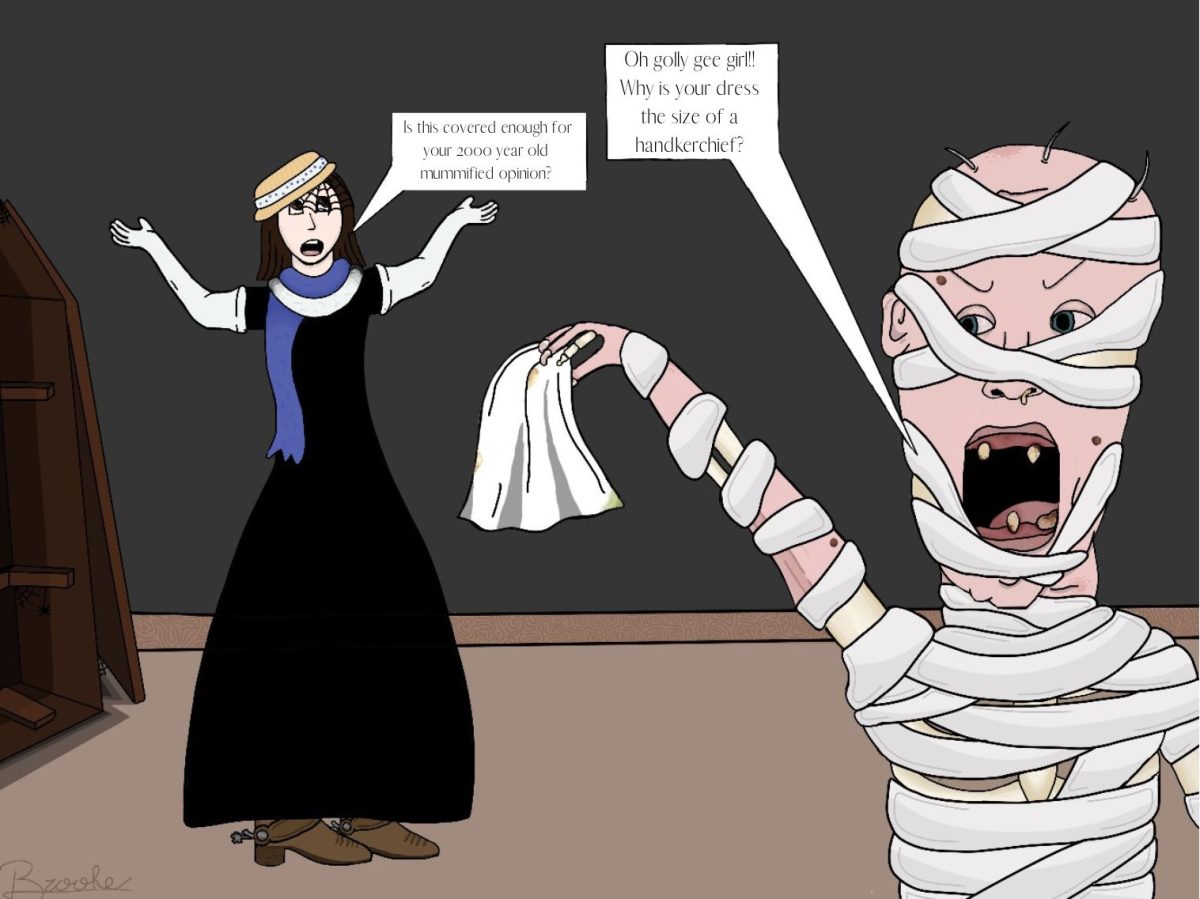When we were young, we all had dreams of becoming something great one day. An astronaut. A dentist. Or maybe a world-champion athlete? Yet, if we ask the person we are today what we wanted to be back then, most of us probably don’t even have an answer.
Why? We simply never put in the time and effort to turn that mere dream into a reality.
The truth is that achieving anything in life requires hard work and the willingness to get up every day to move towards it — even if you don’t know exactly where you’ll end up. But in the world today, a person’s success is only judged by what they ultimately become and not what they failed to be along the way. As the 16th-century Renaissance author and philosopher Niccolò Machiavelli put it in his book, The Prince, “Everyone sees what you appear to be, few experience what you really are.”
This is the exact concept that the academic title of salutatorian tries to force upon students. As a huge part of American schools since the 1850s, the honor is typically given to the student or group of students with the second-highest cumulative GPA (Grade Point Average) in their graduating class, right behind the first-ranking person: the valedictorian. Although obtaining either title requires immense dedication and commitment, to speak truthfully, only valedictorian should have the right to stay.
You see, having the best grades in your graduating class is like many goals in life. It’s a long battle between you and your mind that occurs over the course of many years, from the first day of high school up until graduation. Students take on more challenging classes such as AP (Advanced Placement) and dual credit courses to try to boost their GPAs as high as possible. Countless hours and many sleepless nights are used to meet due dates that may or may not be the difference between an A or a B. So, when every minor infraction could alter the course of one’s journey to the top of the academic pyramid, it’s understandable that even the best students would crumble under the dawning pressure.
The harsh reality is that not everyone gets to win. It’s all part of what makes life interesting, which leads me to my next point: no one chooses to be salutatorian.
It’s human nature to only want to be the best as no one ever trains to be second place. No one has ever said, “I want to be the salutatorian,” unless they’ve realized that they weren’t going to be able to get valedictorian and had to settle for something less. In fact, every salutatorian was once a student who never made it as valedictorian. But, being named valedictorian or salutatorian is not just a way to represent one’s intelligence and ability to comprehend information. It’s also an invitation for them to deliver unforgettable speeches at their graduation ceremony. After all, that is one of the many reasons why people choose to go after the title in the first place.
Yet, even at the graduation ceremony, the valedictorian is still the center of attention. Whether it’s ending off the night with an inspirational speech to captivate the hearts of everyone in attendance or simply the ability to stand out by having a different attire, the valedictorian is what people care about the most, while the salutatorian is simply there in comparison to their amazing achievements.
So, with all this in mind, if the system’s goal is to celebrate everyone’s hard work, then why isn’t there a title for third place? Or even fourth or fifth place? Vice versa, if the end goal is to encourage academic excellence and increase competition among students at school, then valedictorian should be the only title to exist. There’s no need to have a title whose sole purpose is to give recognition to someone who wasn’t good enough to be first.
It’s a very cruel truth, but at the end of the day, it’s the truth. We need to honor the students who are truly the greatest at what they do— not the close attempt at it—because in life, there are no consolation prizes for almost being the best.







